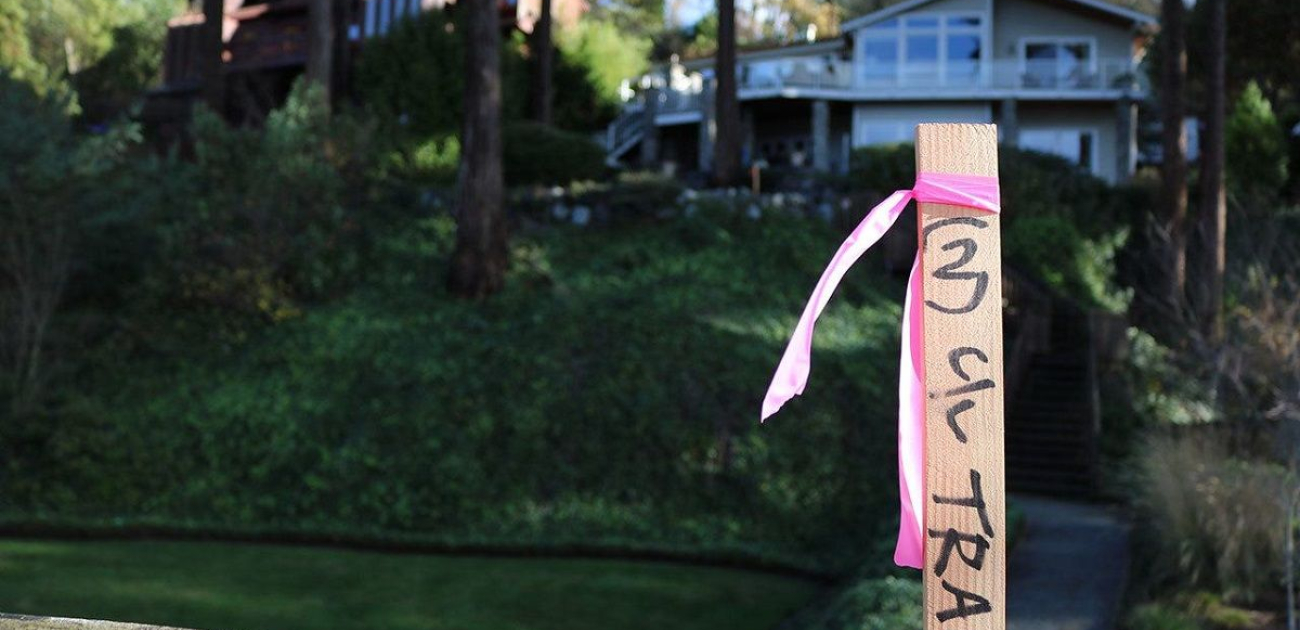Get Out Of My (Right Of ) WAY!
Rights of Way can be one of the most bothersome issues for neighbours: ‘We’ve been walking through here for fifty years!’, ‘You can’t park that there!’, ‘Where did that padlock come from?!’
The general rule is pretty simple to follow: there is a right over someone else’s land. So why does it get so complicated?
Some rights do not pass with the land, and therefore need to be properly documented at the next registration. Other rights may have arisen over a course of conduct and across a period of time, and even then for it to become a prescribed right it will still require certain conditions to be met.
It may be that what a person is trying to do does not actually conform with their right – say a right to pass and repass by foot may not explicitly extend to using a vehicle. Examples which are ripe for dispute are the use of shared driveways between two properties (and access is blocked) or when one neighbour is having work done to their property and the construction team take up large tranches of shared car parks.
A common situation when the granting of a right falls apart can be when a property is developed / divided, and the developer omits to grant an easement to a transferee and / or reserve an easement for the benefit of the transferor. This would not only include easements for rights of way – how are the bins going to make it to the street for collection or a car make it across a neighbour’s property to their garage or parking area – but also, for example, a right to light or support.
It would be a horrible situation if, after buying your new property, you find out that the property does not have the relevant easements you need to enjoy your property.
When looking at enforcing, or protecting, a right which has been granted, or gained through prescription, a party will always need to consider against whom they are seeking to enforce and therefore checks will need to be made of the relevant title to the land. It may also be prudent to ensure a purchaser is not acquiring a property where there has already been a breach.
The other point to remember is that where there is a benefit, it would be expected that there is a burden alongside it; if you are sharing the use of an access way do you have an obligation to pay for its maintenance and repair?
Do you want more information?
 Charles Jamieson
Charles JamiesonCharles is a Dispute Resolution lawyer with Bishop & Sewell focusing on Commercial, Property and Chancery disputes.
